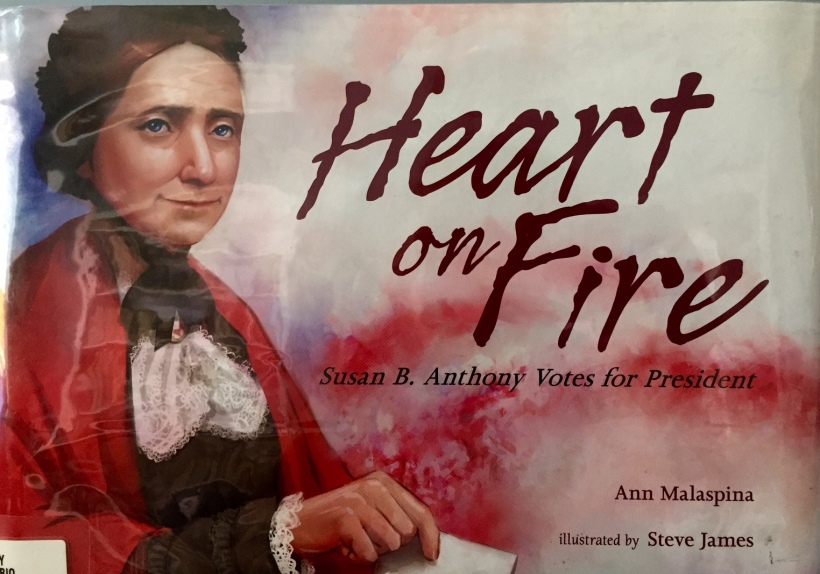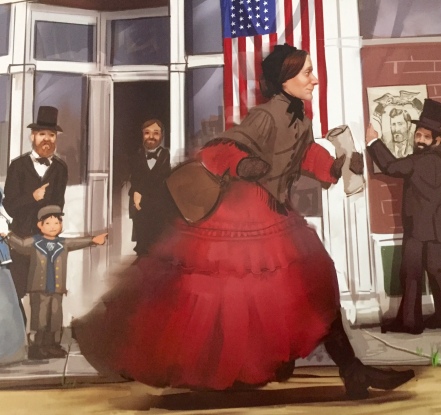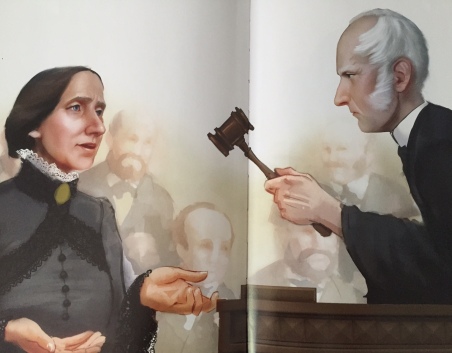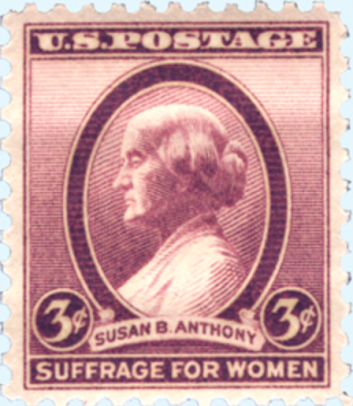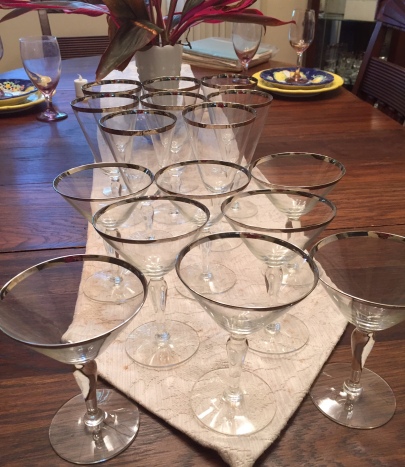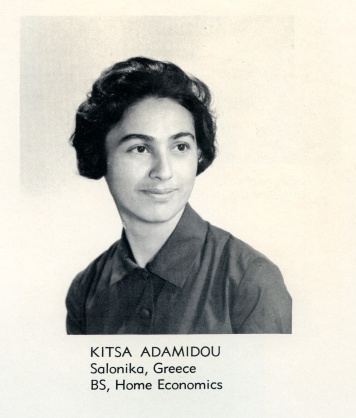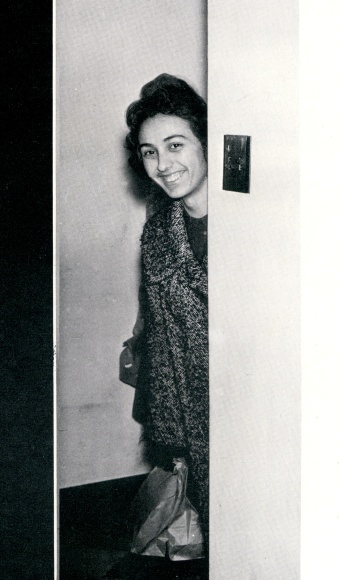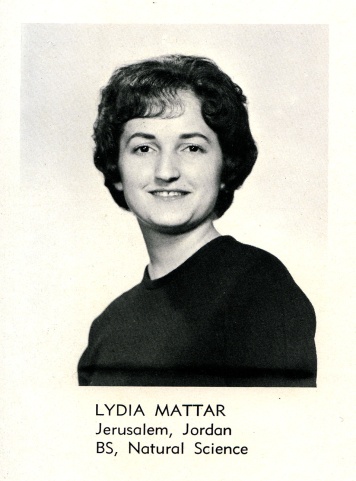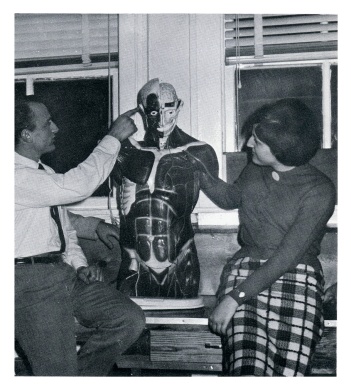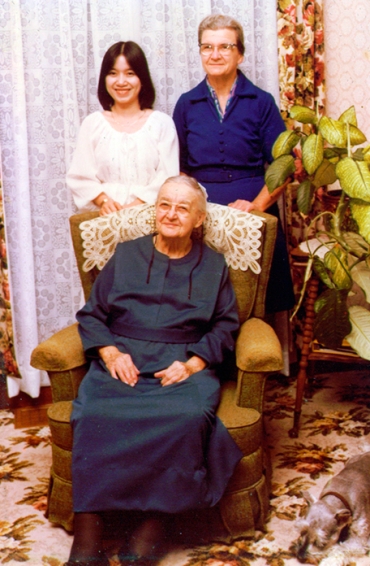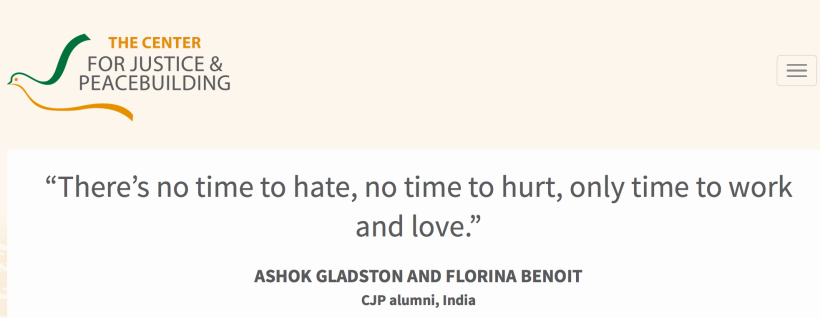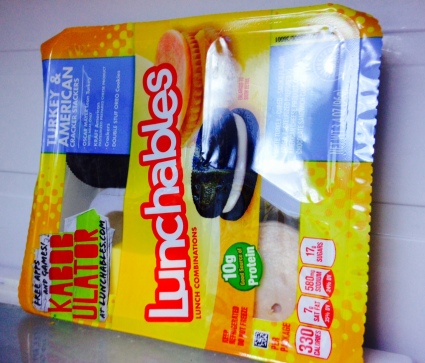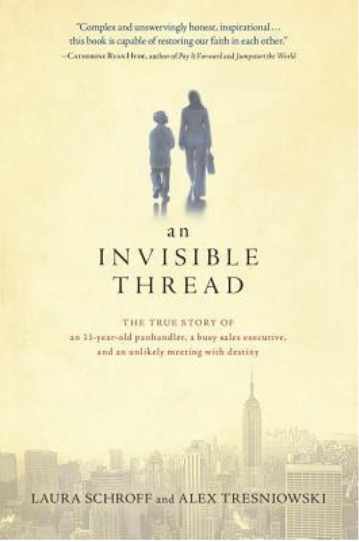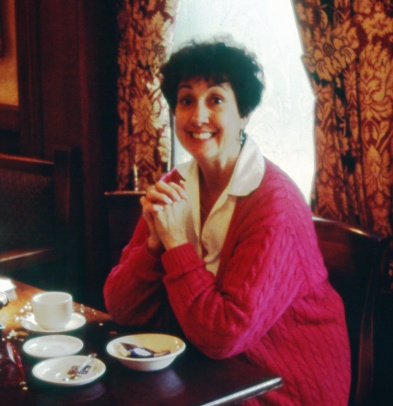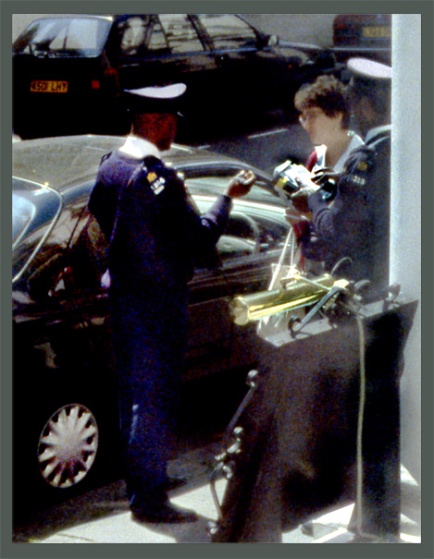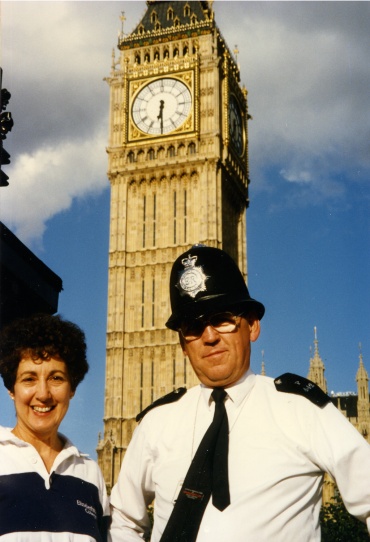Bright lights overhead illuminate a fun space. My eyes take in shelves with animal puzzles, bins with textured balls, sets of play tools, baskets of plastic fruit and veggies with pans for the play stove in our classroom. On my right – xylophones, bells and colored cushions. On the left side I see a box of string-a-beads, and on a shelf underneath – friendly-looking doggies and kitties that push or pull.
It’s Sunday morning, and I’ve entered the pre-school resource room at my church holding a white plastic basket for carrying items I’ll take to our classroom.
You see, two-year-old youngsters like to play. That’s how they learn. These children confirm the idea that “Play is the highest form of research.” (Unverified quote attributed to Einstein)
I continue circling the “toy” room and stop in front of the doll display now, dolls arranged in families: mommy-daddy-brother-sister. “Which sets of dolls should I pick out today?” I stop and wonder out loud.
Children who walk through our classroom door have family origins in Viet Nam, Myanmar (Burma), Nigeria and Bosnia. Although our attendance records show Taylors, Elkins, and McCalls, the list also includes Biak, Torres, and DeVevo.
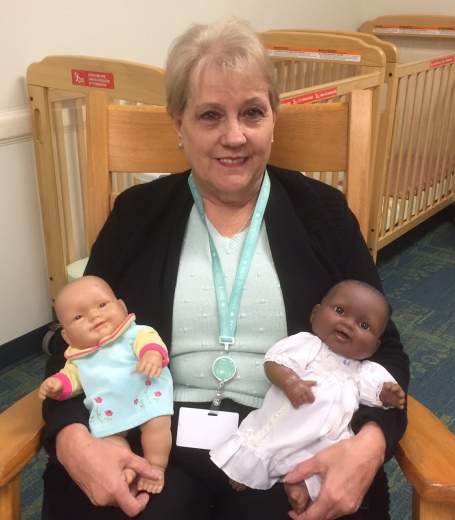
Why the Ethnic Dolls?
We obviously don’t point out differences with young children at play. I have never said to a two-year-old, “Look, this doll is hispanic (or black or white).
Of course not!
Then what’s the point?
When children see an image that looks like them, they can identify with it intuitively. We volunteer teachers aim to communicate to these impressionable little people that our world includes families with many different skin colors and facial features. The good Lord loves them all – and so, obviously, do they.

“Jesus Loves the little children” video + lyrics
* * *
Another Question
Recently author, journalist, and lecturer Gail Sheehy asked the question, “Is Trump out to make America white again?” Recent developments before and after our contentious election in America may warrant such a concern.
Our answer as pre-school teachers: Not if we can help it!
You may want to check out a Mennonite voice, Becca J. R. Lachman, whose blog expresses a wish to keep “a welcome sign [to everyone] lit in neon.”
* * *
Your turn: An anecdote, an illustration, a contrasting point of view. All are welcome in this space . . .
Coming next: 7 Ways to Stay Young: Nuns Reveal Their Secrets




